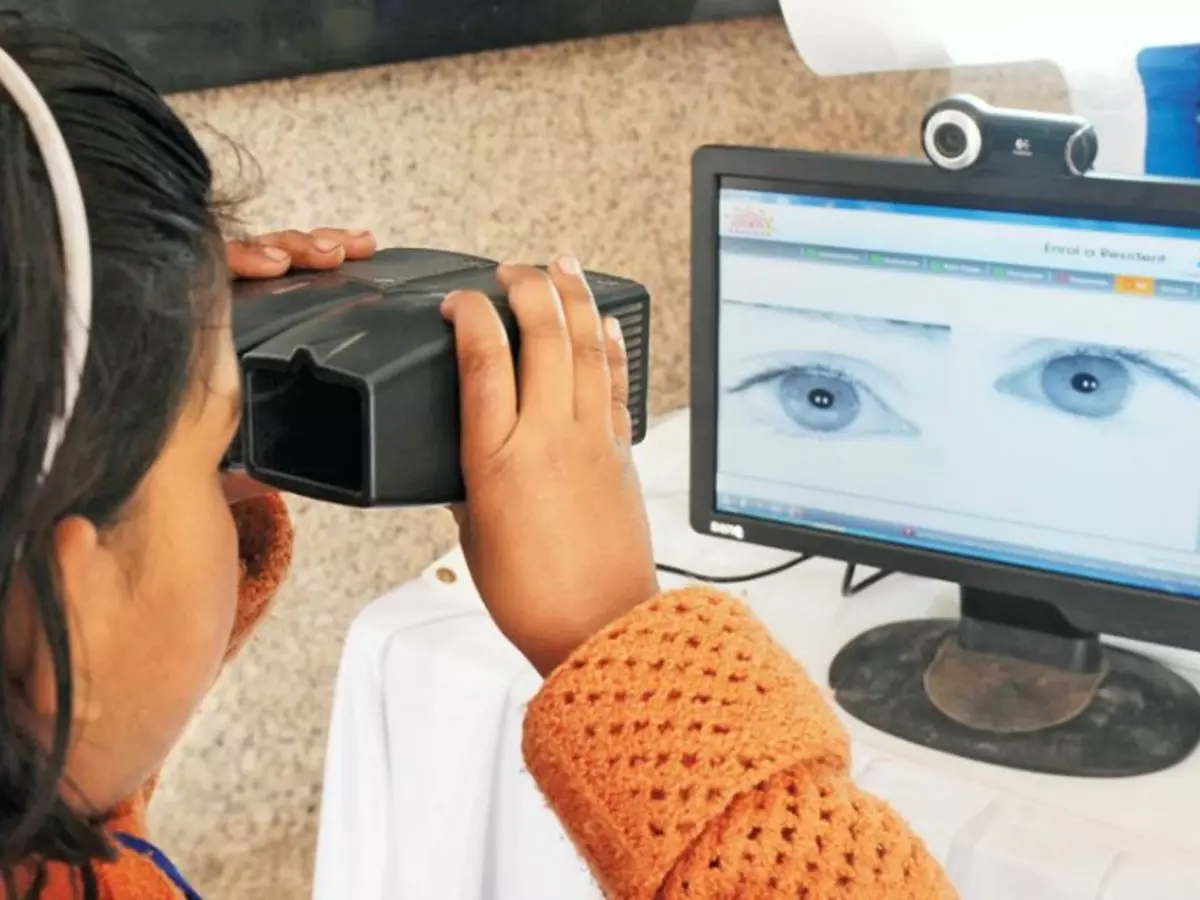Here Is Everything You Need To Know About The Historic SC Verdict On Right To Privacy
The Supreme Court ruled that the Individuals right to privacy comesunder the Article 21 ie Fundamental Rights. This verdict will come as a blow to centre which had argued that privacy is not a fundamental right. The SC overruled an eight judge bench judgment in MP Sharma case.

The Supreme Court, in a landmark judgment ruled that the Individual's right to privacy comes under the Article 21, ie Fundamental Rights.

AFP
The nine-judge bunch unanimously declared that right to privacy is an intrinsic part of Right to Life and Personal Liberty under Article 21 and entire Part III of the Constitution.
Article 21 guarantees life and liberty of an individual under the Constitution.
What does this mean to you and me?
The nine-judge Constitution Bench's decision will impact everyday lives. It will define the relationship between government and the citizen and will shape the fundamental rights are understood for decades to come.

BCCL
This verdict will come as a blow to centre which had argued that privacy is not a fundamental right.
The SC overruled an eight judge bench judgment in MP Sharma case and six judge bench judgment in Kharak Singh both of which had ruled that privacy is not a fundamental right
They did not decide the fate of Aadhaar, which has been in the core of the controversy.

AFP
Another bench of apex court will test the validity of Aadhaar and will see whether government¡¯s various schemes of making Aadhaar mandatory holds any good in law.
Petition and petitioners
Former Karnataka HC judge, KS Puttaswamy, now 91, filed the PIL in 2012 challenging the Aadhaar scheme, saying it violates fundamental rights to privacy and equality. SC has linked all the 20 Aadhaar cases to this main case. Other petitioners include activists Bezwada Wilson, Aruna Roy and Nikhil Dey.

AFP
The judges
The historic ruling was given by a nine-judge bench comprising of Chief justice of India JS Khehar, J Chelameswar, SA Bobde, RK Agarwal, RF Nariman, AM Sapre, DY Chandrachud, SK Kaul and S Abdul Nazeer.
